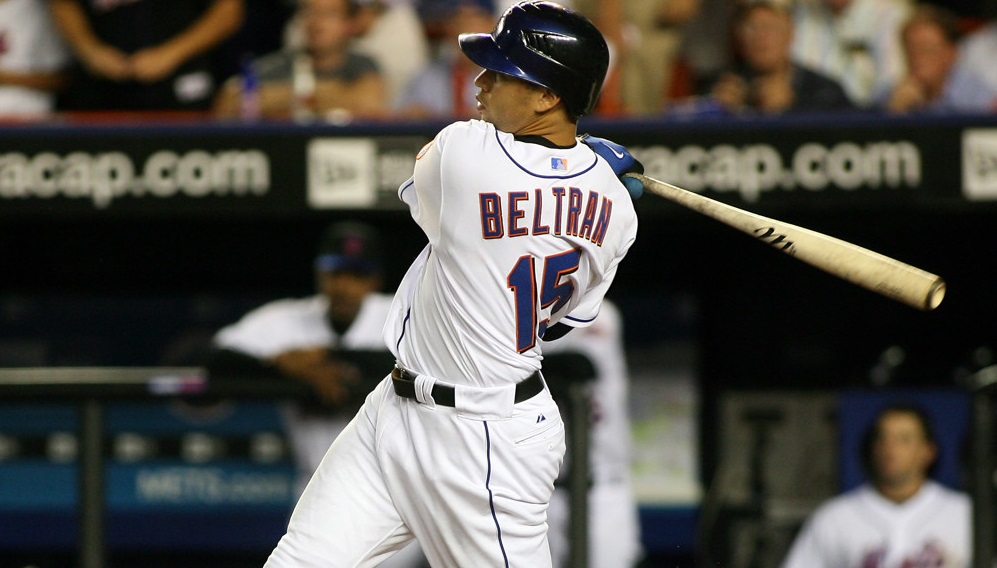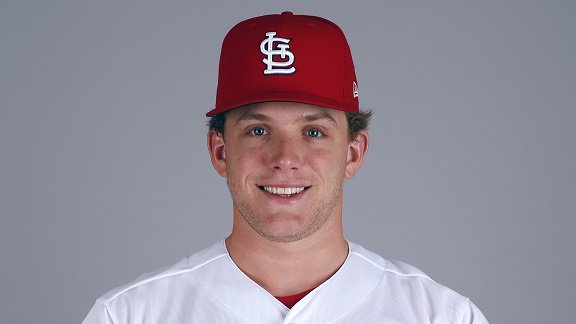What is it like to coach defensive excellence in European baseball?
Petr Baroch helps run the Czech Republic national baseball program for ages 15 to 21. Petr, now 41 years old, previously played professionally for three years in the Netherlands. He talked to us about his experience in coaching baseball in his home country. The interview has been edited for clarity and length.
Click here to see our other 7 interviews in this series of pieces about coaching defensive excellence.
Mark: Where are you located and what is your baseball background?
Petr: I’m the director of the Czech national baseball teams and I’m based in Kladno (a mining city in the north central part of the country, one that produced NHL legend Jaromir Jagr).
I take care of the Czech national teams under-12, under-15, under-18, and under-23, seniors. I help with the tournaments for the guys and the European championships. If it’s possible, then I can help the team as an infield coach and hitting coach. Last year, I worked with the under-15 team. Mike Griffin was the head coach.
Mark: Ok. So you do coach defense, right?
Petr: Yeah. I’m the defense coach and the hitting coach. I can be the pitching coach too sometimes.
Mark: Okay. So what does defensive excellence mean to you?
Petr: With a good defense, you have a better chance to win. So it’s important to the team and it’s important to me.
When I will talk about the players, I want the guys who have the correct positioning, who read the ball and have the right timing for making plays. And I want guys that have some athletic skills and that are smart.
Mark: So how do you teach that to people?
Petr: I have videos of basic drills that we want for the guys. We want them all to be on the same page. We want them to be making better decisions every day.
Mark: How much do these kids know when they come to you? Were they playing another sport or are we to a point where they’ve been playing baseball their whole life?
Petr: When I was young, I played so many other sports. I never saw guys playing baseball when they were under 7. Now, I’ve seen a lot of change. So many players are playing only one sport. That’s not good for us because we want guys who are athletes.
With our Kladno team, we have so many people who could make it in another sport. I think it’s important for young guys to play basketball or hockey. We have two guys who play hockey and they’re different because they can move, they’re more athletic and smarter than the other guys.
But so many kids don’t have time for [multiple sports] because they go to school and then are running to practice and then they come home and study. They don’t have practice and games at their school. Everything we do is done in a hurry and that’s not good for us.
Mark: Do the kids that grow up in the Czech Republic, do they all wanna be like (NHL star) David Pastrňák or are they familiar with current baseball players?
Petr: Everybody wants to be like Pastrňák, or Jagr maybe some want to be a goalkeeper. Their family may be thinking that baseball is great for you and your body, but you will enjoy it for a couple of years and then you have to go to work, because you won’t make money for it.
When someone asks me if it’s possible to make baseball your job, I tell them yes, but you have to go to Japan or the United States and go to school there. But even if he doesn’t get a contract, it will be very good for his life. He’ll learn to speak English and he’ll be a better person. He will know more people.
Baseball is a big community. I’m very glad that I was a player and now I am a coach and I hope that I will be helpful for the young players.
We have programs with the Czech Baseball Association that help guys go to the United States, pay for flights and look for contacts for them. Mike Griffin knows people who ask if our players can come to the U.S. I help them make the decisions.
Mark: What’s the hardest thing about trying to teach the kids?
Petr: The mentality, because baseball is very hard for kids When you have 10 times at bat, and you’re good three times, you’re hitting .300 and you’re viewed as good. But seven times out of 10, you’re bad. But that’s normal in baseball.
But I think that the baseball and life is almost the same because sometimes you can mess up a situation in baseball, but that situation can help you for the future.
Defense is the same because the goal is to not make so many errors and mistakes. And if you make mistakes, you have to be better next time.
Mark: What are their favorite things to do on defense?
Petr: Almost everyone wants to play shortstop, pitcher, and catcher because they understand that it’s very important. When they’re younger, they think that they play outfield because they’re bad. But I always said no, you’re very important to us. I think that’s an important job for a coach, make everyone feel they’re important. When you’re older, you understand the importance of playing the outfield.
Mark: What are the things that you teach them in the outfield to kind of get them started?
Petr: How to catch the ball, first step moving back, how to do a transfer from glove to hand, hitting the cutoff man with a four-seam throw.
Mark: What do you teach them about shortstop right at the start?
Petr: It’s different by age. At first, basic skills, like initial move, first step, throwing. As they get older, we make the drills harder, where they’ll get on their knees and have to catch and field balls while on their knees. And also, how to line up the ball with their chin and their eyes.
Mark: Okay. When the kids watch video of players making plays, who are the fielders they want to be?
Petr: Everyone wants to be Shohei Ohtani. Everybody here liked the World Baseball Classic.
On defense they want to be Derek Jeter.
Mark: What’s everyone’s favorite drill?
Petr: They like playing “21 outs” [you have to make plays on ground balls, a combination of single-out plays and double plays to move on to the next inning]. It’s fun for the players but it can take a long time. Everyone likes it when you make it like a game.
Mark: What kind of resources do you have? Do you have enough fields and equipment?
Petr: For our older kids, almost every big city has a baseball field and that is very important for us. We’ll be hosting the European championship and we have enough fields. For the young players, I think that we have enough fields but practice sometimes is a problem because it’s tough to fit everyone on one field.
Mark: What defensive thing do you like teaching most?
Petr: Bunt defense, and also how to handle and first and third situations.
This is hard for the kids. They have to understand when to go to second base, and then to always go to first base. The players have to understand their spots on the field and what they have to do in each situation.
Mark: What do you specifically like most about coaching kids?
Petr: I like teaching situations, like if there’s nobody on base you have to stay here. If it’s a stronger hitter, you have to move two steps to this side or that side
You can say, “Okay, this guys is very fast,” you have to make two steps and a strong throw to first [on a ground ball].
I also love that we have tablets [IPads] now and that I can tell kids “I will show you how to fix your problems.”
Mark: What does the future of baseball look like for the Czech Republic?
Petr: I think that we are going the right way. Since the WBC, we’ve been having people ask us – this sport you play, is it the same sport as in Japan? Every year we have more and more people in baseball. Once you know it, it becomes your life. Every day you see different situations. Every game is different.


